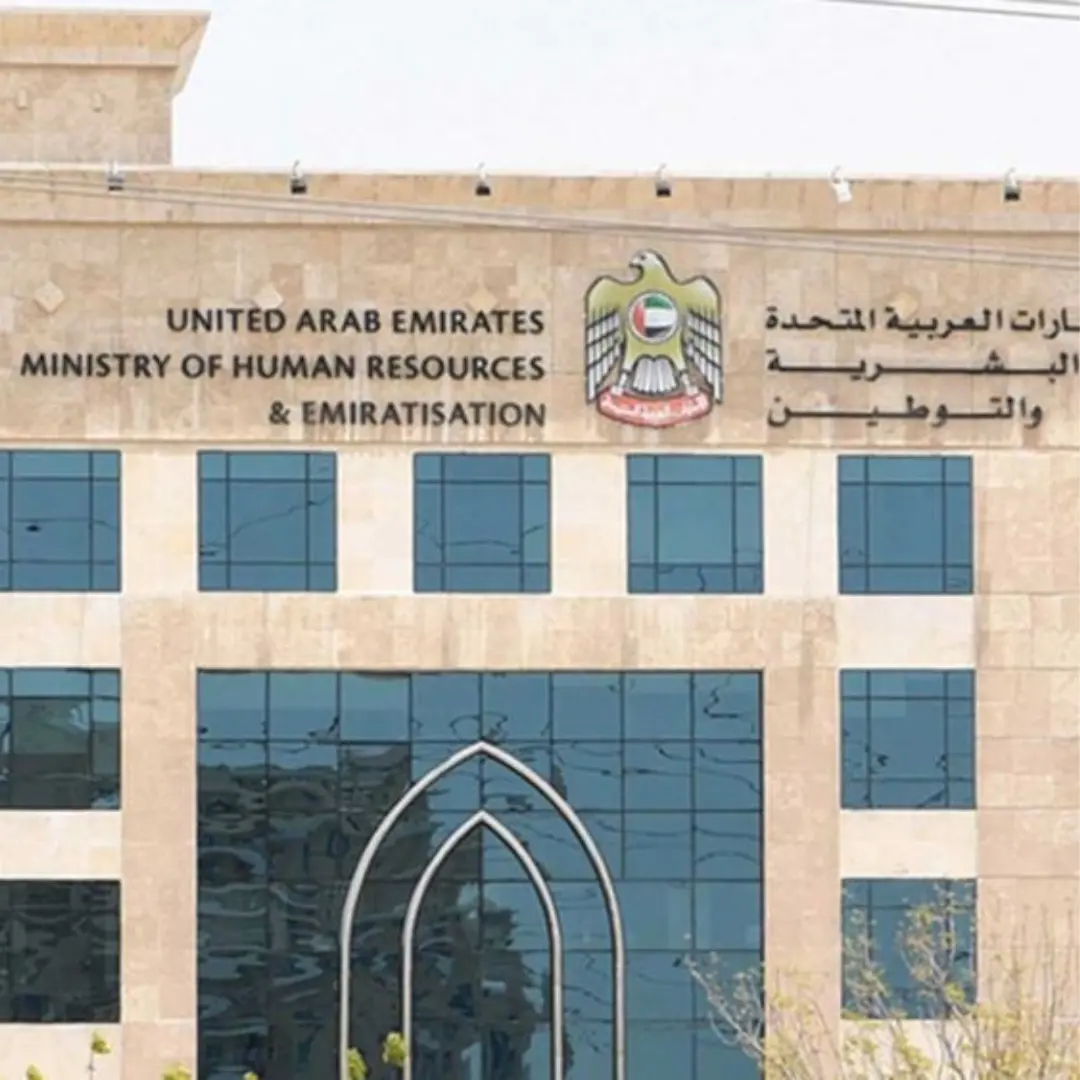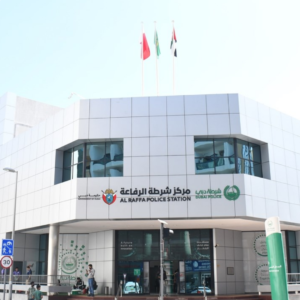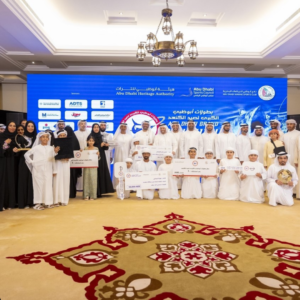Starting July 1, the UAE government has introduced stringent Emiratisation targets aimed at private firms as part of its ongoing efforts to enhance employment opportunities for Emirati nationals within the country’s workforce. Emiratisation, also known as Tawteen, is a national policy initiative designed to promote the hiring and development of UAE citizens across various sectors, reducing dependency on expatriate labor and fostering sustainable economic growth.
The enforcement of these Emiratisation targets underscores the government’s commitment to creating a more inclusive job market that prioritizes the integration and advancement of Emirati talent. By setting specific quotas for the employment of UAE nationals within private companies, authorities seek to address unemployment among Emiratis, improve job prospects, and bolster national identity and pride in the workplace.
Private firms operating in the UAE are now required to adhere to prescribed Emiratisation quotas, which vary depending on the sector and the size of the company. These quotas typically stipulate the minimum percentage of Emirati nationals that must be employed within different job categories and levels of the organization. Companies failing to meet these targets may face penalties, including fines and potential restrictions on their ability to operate or bid for government contracts.
The implementation of Emiratisation targets is supported by various incentives and support mechanisms aimed at facilitating compliance and enhancing the employability of Emirati job seekers. These measures include financial incentives for companies that exceed Emiratisation targets, support for skills development and training programs tailored to Emirati job seekers, and initiatives to promote career advancement and leadership opportunities within the private sector.
Moreover, the UAE government collaborates closely with private sector stakeholders, industry associations, and educational institutions to ensure alignment between workforce requirements and the skills and capabilities of Emirati nationals entering the job market. This collaborative approach aims to bridge any skills gaps, promote continuous learning and professional development, and create a conducive environment for Emirati nationals to thrive and contribute effectively to the country’s economic development.
Overall, the enforcement of Emiratisation targets reflects the UAE’s strategic vision to build a diversified and knowledge-based economy driven by a skilled and competitive local workforce. By encouraging private sector participation in Emiratisation initiatives and ensuring effective enforcement of these targets, the UAE aims to achieve sustainable economic growth, reduce unemployment among Emiratis, and strengthen national workforce capabilities in line with its long-term development goals.









